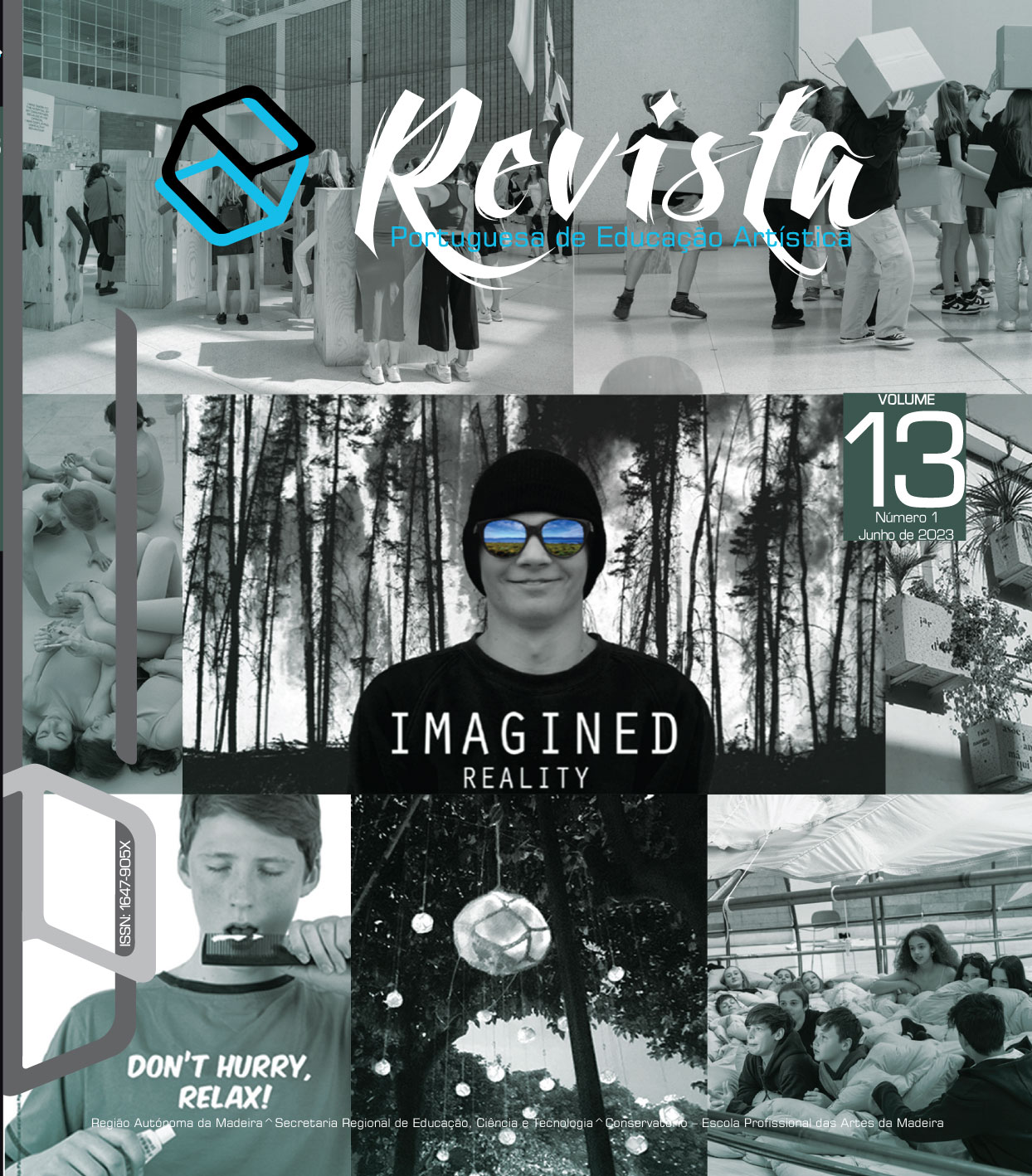Sustainability of Musical Cultures inCompulsory Education in Taiwan
DOI:
https://doi.org/10.34639/rpea.v13i1.219Keywords:
Folk Song, Musical Culture, Sustainability, Traditional MusicAbstract
Music education in compulsory education in Taiwan has a long history. National curriculum guidelines in 2000 and 2019 put music into an integrated curriculum with visual arts, dance, and drama, but music stands still in compulsive education in Taiwan.
Elementary and secondary school music teachers in Taiwan rely on textbooks primarily for teaching general music. According to research studies, Western classical music occupies the central portion of music textbooks, thus winning significant attention over traditional instrumental music and folk songs from our own culture (Chang, 2012; Lin, 2014). Taiwan is a composite of multi-ethnic groups with diverse musical cultures, and abundant precious music must pass on from generation to generation.
Taiwan Ministry of Education has promoted bilingual teaching according to the Bilingual Nation 2030 Policy since 2019. As the Taiwan government defines bilingualism as English and our general-purpose language (Mandarin mostly), many frontline teachers are panic facing the situation. The researcher agrees or is against the bilingual policy but sees it as an opportunity that triggers frontline teachers to design and implement their music curriculum without textbooks. Without the limitation of textbooks, music teachers are free to choose materials and methods based on Arts Domain curriculum guideline. Furthermore, there are more chances to include folk songs and traditional music.
Languages used in Taiwan include Mandarin, Taiwanese, Hakka, and more than 16 aboriginal dialects. Languages, as mentioned above, imply multi-cultures and musics. Bringing folk songs from each culture to the music class makes learning multi-lingual. World-famous music composer and educator Zoltan Kodály asserts folk songs are children’s music mother-tongue (International Kodály Society, 2023). Children learn music knowledge, theory, appreciation, and creativity through folk songs by singing and playing, and they can further comprehend the connotation of classical music.
Children absorb what music teachers provide in class. Thus, the learning materials and activities must be well-chosen and designed. We aim to guide children to connect to the world through music, grounded in mastery of one’s own music culture and sharing with others. Sustaining our own music culture depends on the music teachers’ effort, and it inspires our children to explore the diverse music cultures in the world.
Downloads
Published
Issue
Section
License
Copyright (c) 2024 Jessie Hsiao-Shien Chen

This work is licensed under a Creative Commons Attribution-NonCommercial 4.0 International License.

The work Revista Portuguesa de Educação Artística (Portuguese Journal of Artistic Education) is certified under Licence-Creative Commons Attribution-NonCommercial 4.0 International (CC BY-NC 4.0).




